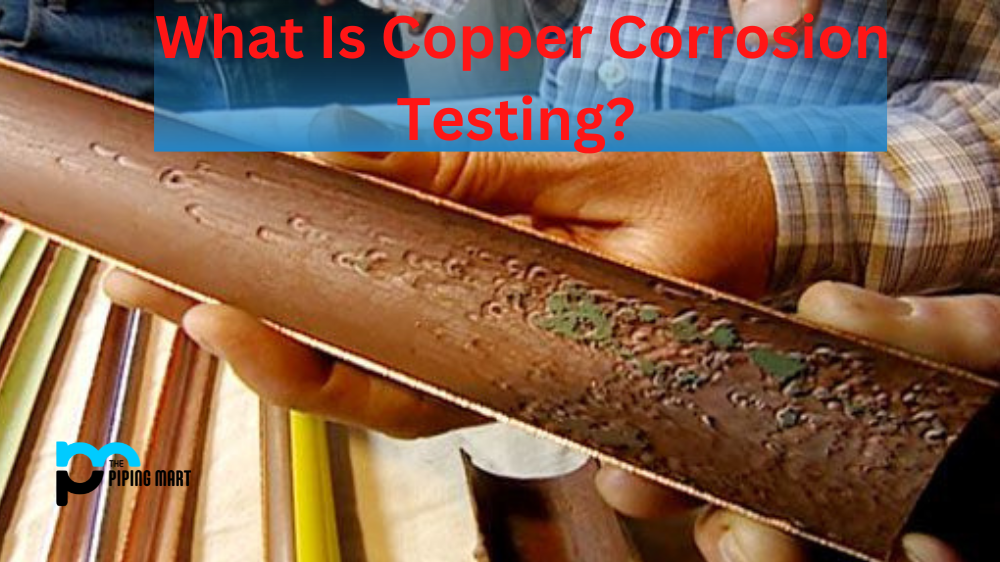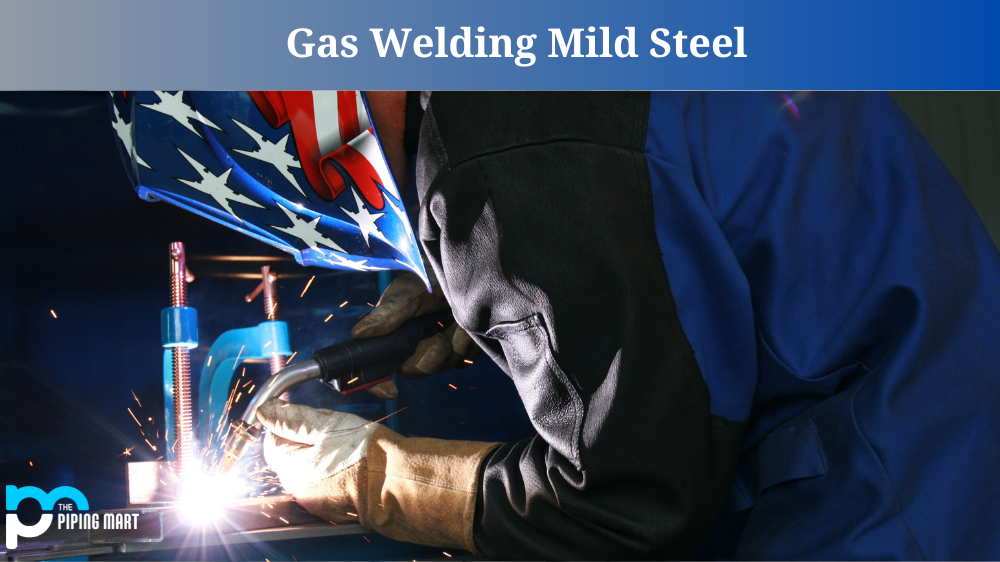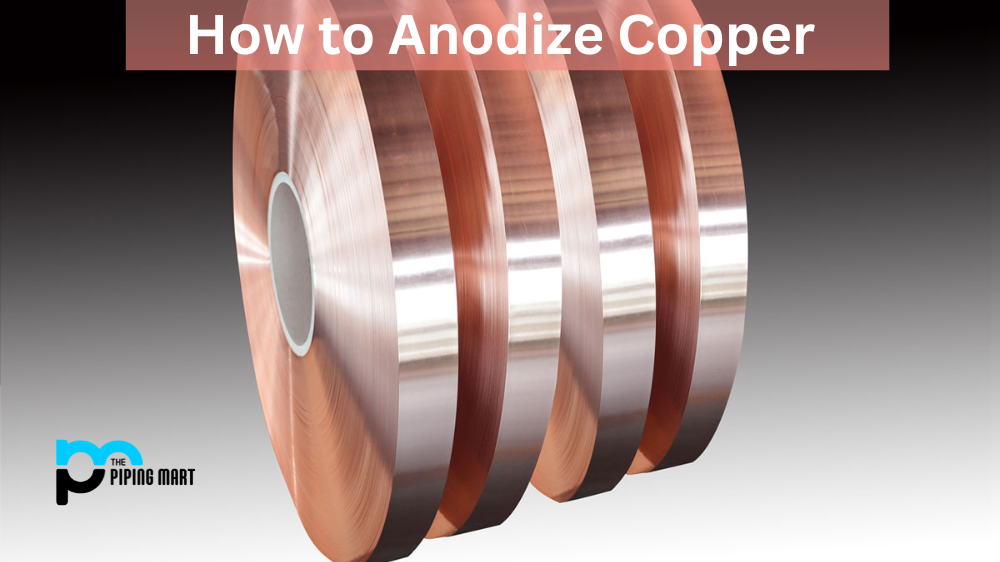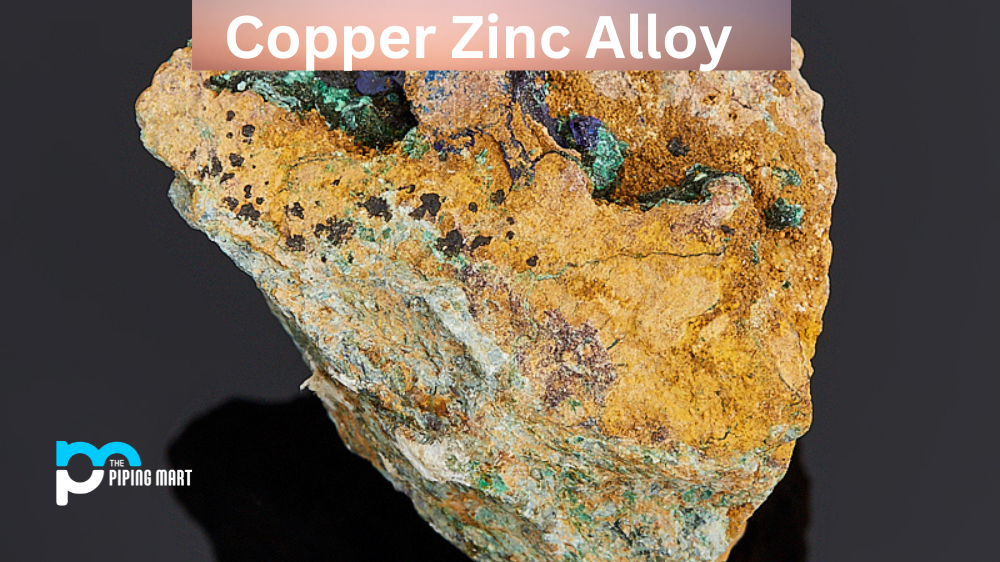Copper corrosion testing is an important process for engineers and scientists to help identify the corrosive properties of copper, which can lead to a better understanding of the material’s performance in different environments. In this blog post, we’ll break down the basics of copper corrosion testing so you can make sure your projects are up to standard.
What Is Copper Corrosion Testing?
Copper corrosion testing is a method that is used to evaluate the corrosive properties of copper by immersing it in different solutions and measuring its resistance over time. This helps quantify how quickly the metal corrodes when exposed to certain conditions and can be used to determine how suitable it is for certain applications. It’s important to note that there are several different types of tests available, each with its own set of advantages and disadvantages.
Copper Corrosion Tests
The most common type of test used in copper corrosion testing is called the Gravimeter Test. This involves submerging a sample piece of copper in a solution for a specified period of time and then weighing it afterward to measure how much mass has been lost due to corrosion. Another method is called Electrochemical Impedance Spectroscopy (EIS), which measures electric current passing through the sample as it reacts with the environment over time. Finally, Scanning Electron Microscopy (SEM) can also be used to observe micro-level changes in copper samples due to corrosion at very high magnifications.
Copper corrosion test method
An effective copper corrosion test method is critical for evaluating copper pipe material in water systems. This method accurately measures copper corrosion rates, which are often caused by an imbalance between copper and copper alloy compositions. The copper corrosion test involves the immersion of copper specimens in a chloride containing solution and then measuring the copper loss by weight over a set period of time. Every copper corrosion test is standardized and typically performed under strict parameters to ensure accuracy. Copper corrosion tests help evaluate copper corrosion rates that dictate maintenance intervals, product replacment cycles, and designing better methods for protection against continued deterioration.
Conclusion:
No matter what project you’re working on, it’s important that you understand how copper will perform under different conditions. Copper corrosion testing can provide valuable insight into how your materials will stand up against harsh environments and offer a better understanding of their limitations and potential applications. With these tests, you can get an accurate picture of your materials’ performance and make sure they meet all necessary requirements before being put into use.

Pipingmart is a B2B portal that specializes in metal, industrial and piping items. Additionally, we share the latest information and information about materials, products and various types of grades to assist businesses that are involved in this business.




